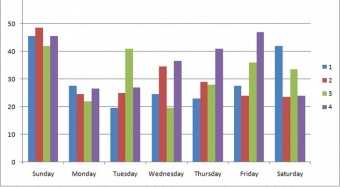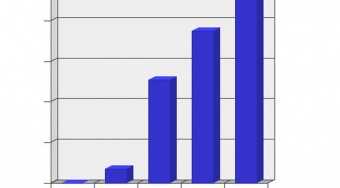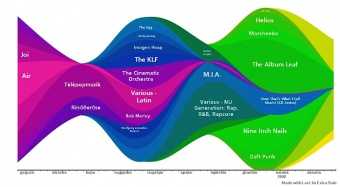Bank Hapoalim’s and TNS Teleseker’s Israeli Consumer Confidence declined by 5.0 points in January, to a level of 128.8 points (April 2002=100), basically erasing the increase last month. The Present Situation declined by 8.4 points and the Expectations for Six Months Hence Index was down by 2.9 points.
Bank Hapoalim economists: The deterioration in confidence in January basically erases the improvement in December. Consumer confidence has remained more or less steady in 2015 with monthly fluctuations.
The decline in January is likely due in part to the sharp fall of financial markets in the beginning of the year. Consumer demand remains fairly steady slowing only modestly in recent months, as witnessed by debit card purchases which increased by 7.8% in Q415 following 10.2% in Q315, while chain store sales witnessed slower growth. Unemployment declined in December to 5.2% (from 5.4% in November) while the rate of employment declined slightly to 60.2%.
We expect that low rates, low unemployment, government initiated price cuts, and higher wages will all continue to contribute to steady private consumption demand. The Consumer Confidence Index of Bank Hapoalim and TNS in Israel is based on a TNS Teleseker monthly poll covering a national sample of 1,000 respondents representing the vast majority of the adult (18+) population of Israel.
The CCI index has been published in Israel since April 2002. TNS, a leading global marketing information group, conducts similar CCI polls in 18 countries worldwide including the conference Board CCI in the USA and the Nationwide CCI in the UK. Numerous studies show that consumer confidence indices are a leading indicator of developments in the private consumption.
Consumer Confidence Indices are leading indicators than can predict the public’s consumption behavior. Consumer Confidence Indices are widely covered in western countries and their results affect financial markets. The Conference Board Consumer Confidence index is well known and affects the U.S. exchanges and through them all the world’s financial markets.






